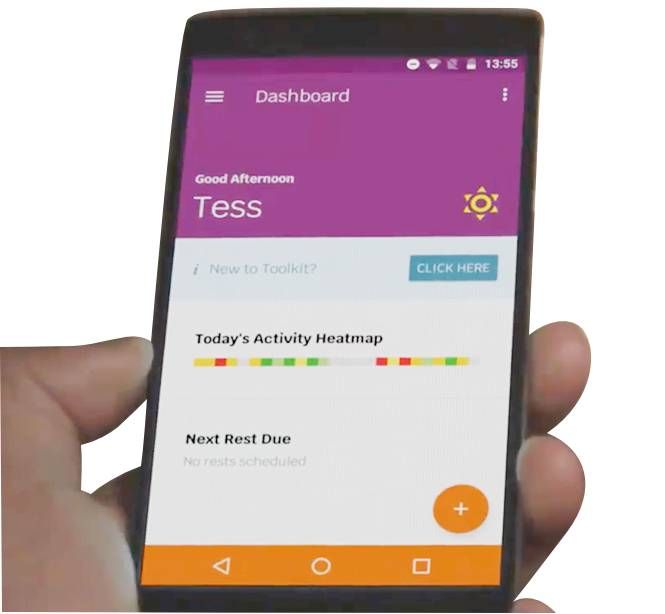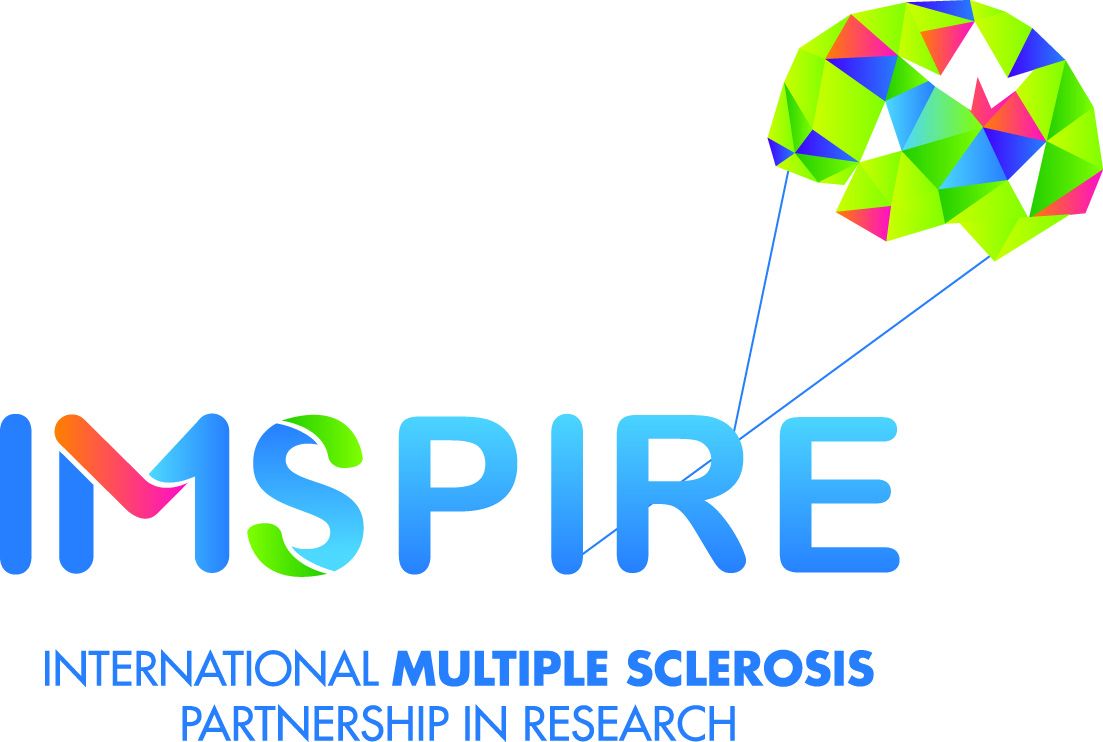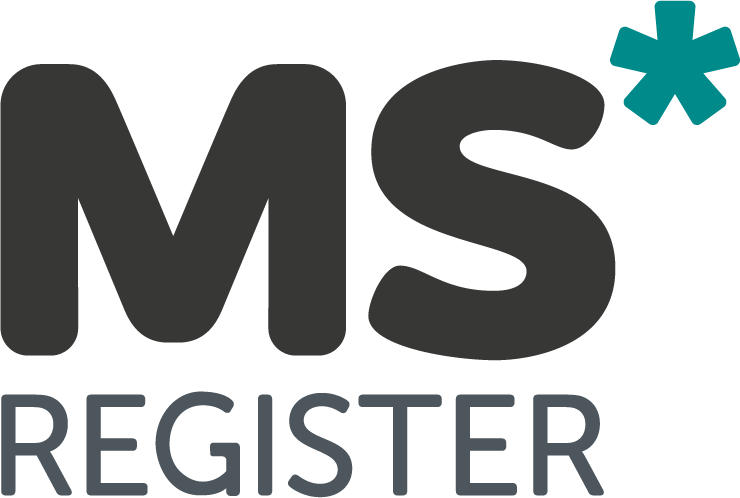Funding research
Our main focus is to support robust, cutting-edge Multiple Sclerosis research. We have funded research projects and activities across a range of laboratory, clinical and medical settings.
Multiple Sclerosis research has seen amazing advances over recent years. Progress towards understanding the underlying mechanisms has led to innovative treatments that manage symptoms more effectively, slow progression and improve the quality of life of those affected.
There is much yet to discover. But with each advance comes the potential for further transformative breakthroughs. Our vision of a world where MS can be treated, cured, and ultimately prevented is closer than ever.
Our research projects

FACETS digital toolkit: extending its reach and piloting
LEAD RESERCHER: Dr Sarah Thomas
INSTITUTION: Clinical Research Unit, Bournemouth University
DURATION: 1 year
Awarded in 2023, this project is led by Dr Sarah Thomas, Deputy Director at Bournemouth University’s Clinical Research Unit, who developed the ‘FACETS’ fatigue management programme in 2009–10. Sarah is working alongside Huseyin Dogan, Director of Bournemouth’s Computing and Informatics Research Centre, to build the digital toolkit. This supplements the FACETS programme, making it easier for participants to plan and record fatigue management tasks.

Molecular determinants of axonal loss in the multiple sclerosis spinal cord
LEAD RESEARCHER: Professor Gabriele De Luca
INSTITUTION: Nuffield Department of Clinical Neurosciences, University of Oxford
DURATION: 1 year
Led by Professor Gabriele De Luca Nuffield Department of Clinical Neurosciences at the University of Oxford, this one-year laboratory study looks at deeply characterised spinal cord samples, which show signs of progressive pathological features including inflammation, demyelination and nerve fibre degeneration.
The five project stages
-
 The Bright Idea
The Bright IdeaDeciding what to investigate is perhaps the most important element of a research project. Stage 1 also involves deciding:
- methods and approaches
- the team
- how to involve people who have MS.
-
 Setting Standards
Setting StandardsStrict rules apply to research projects in the UK, and it's important teams secure the appropriate permissions. They need a clear plan about research protocols and whether the activities will take place in a university setting or a clinical setting within the NHS. Permissions from both will be needed.
-
 Costs and planning
Costs and planningDuring the planning stage, researchers work out how much each project element will cost in terms of salaries and materials. They also develop a timeline for activities and consider potential risks that could adversely affect the smooth running of the project.
This is the point at which MS Research will consider a project proposal.
-
 Doing the Work
Doing the WorkCarrying out research in MS may take anything between a few months to several years. The average time for a study being around three years.
-
 Spreading the Word
Spreading the WordWhenever possible, research findings should be published and presented at conferences to inform other MS professionals about the results.
We also think it's important that people with MS have access to information from research so they can make more informed decisions about how it may affect them. So we post updates on our website and social media channels.
Past research
We mostly offer grants for whole projects, but in the past we often funded elements of existing research projects, or provided in-kind support. We have also often acted as a bridge between researchers and people with MS who are happy to take part in clinical trials.
Research affiliations












